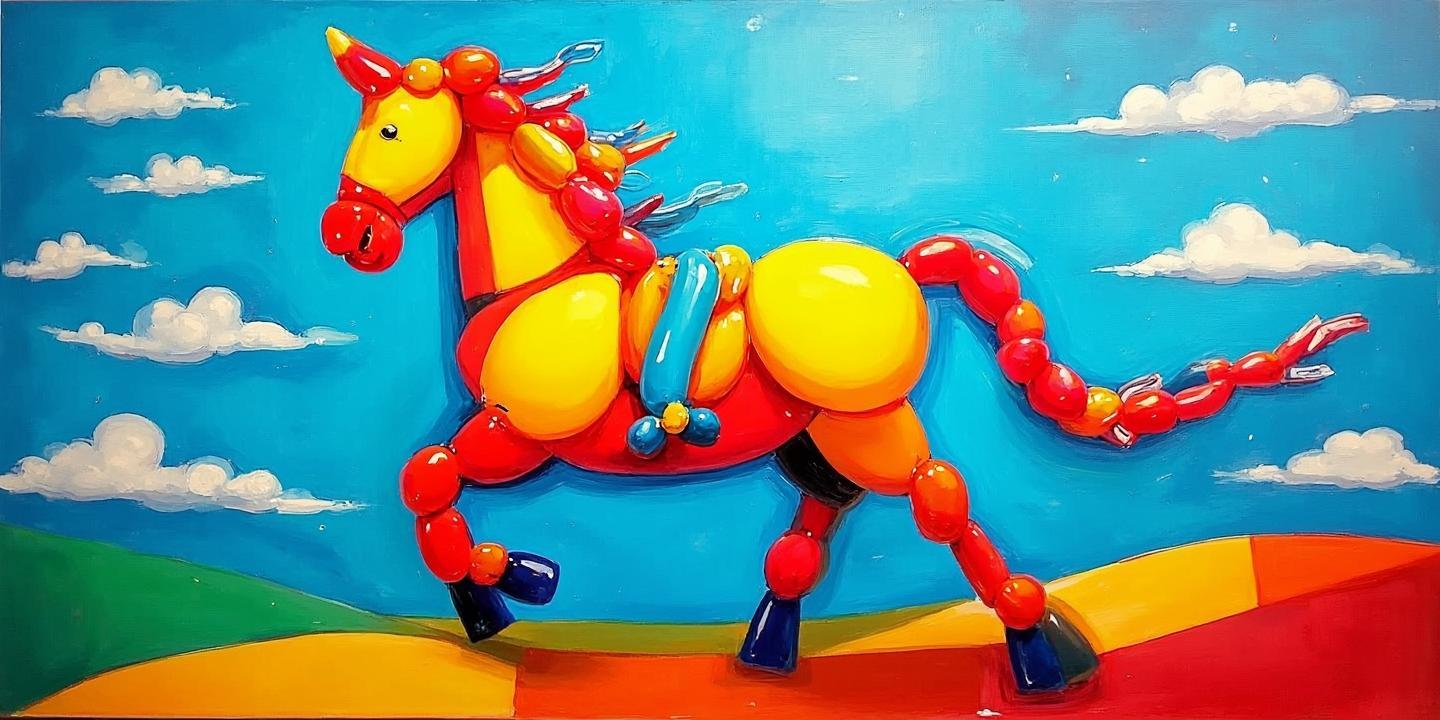
在少儿英语学习的过程中,语法知识的掌握至关重要,而介词和连词作为基础语法中的两大重要词类,常常让孩子们感到困惑。*介词*和*连词*虽然在句子中都起到连接的作用,但它们的用法和功能却截然不同。理解它们的区别,不仅能够帮助孩子更好地构建句子,还能提升他们的英语表达能力。本文将深入探讨介词和连词的区别,并提供一些实用技巧,帮助孩子们轻松掌握这两类词的用法。
一、介词和连词的基本概念
1. 介词的定义与功能
介词(Preposition)是一种用来表示名词、代词或短语与其他词之间关系的词。它通常用于表达时间、地点、方向、原因等关系。例如,在句子“The book is on the table”中,“on”就是一个介词,它表示“书”和“桌子”之间的位置关系。
2. 连词的定义与功能
连词(Conjunction)则是一种用来连接词、短语或句子的词。它的主要作用是表达逻辑关系,如并列、转折、因果等。例如,在句子“I like apples and bananas”中,“and”就是一个连词,它连接了两个并列的名词“apples”和“bananas”。
二、介词和连词的主要区别
1. 连接的对象不同
介词通常连接名词或代词与其他词,而连词则连接词、短语或句子。例如:
- 介词:She is sitting on the chair.(连接“she”和“chair”)
- 连词:I like tea and coffee.(连接“tea”和“coffee”)
2. 表达的关系不同
介词主要表达空间、时间、方向等具体关系,而连词则表达逻辑关系。例如:
- 介词:We will meet at 3 PM.(表示时间)
- 连词:I stayed home because it was raining.(表示原因)
3. 在句子中的位置不同
介词通常位于名词或代词之前,而连词的位置则更灵活,可以位于句首、句中或句末。例如:
- 介词:The cat is under the table.
- 连词:Although it was late, we decided to stay.
三、介词和连词的常见用法
1. 介词的常见用法
- 表示时间:at noon, in the morning, on Monday
- 表示地点:in the park, on the street, at the station
- 表示方向:to the store, from home, toward the east
2. 连词的常见用法
- 并列关系:and, or, but
- 转折关系:although, however, yet
- 因果关系:because, since, so
四、实用技巧:如何区分介词和连词
1. 观察连接的对象
如果连接的词是名词或代词,那么这个词很可能是介词;如果连接的是词、短语或句子,那么这个词很可能是连词。例如:
- 介词:He is waiting for the bus.(“for”连接代词“he”和名词“bus”)
- 连词:I will call you when I arrive.(“when”连接两个句子)
2. 分析句子结构
介词通常引导介词短语,而连词则引导从句或连接并列成分。例如:
- 介词:She is interested in music.(“in music”是介词短语)
- 连词:I like apples and bananas.(“and”连接两个名词)
3. 替换测试
用其他介词或连词替换句子中的词,看看句子是否仍然通顺。例如:
- 介词:The book is on the table.(可以替换为“under”或“beside”)
- 连词:I like tea and coffee.(可以替换为“or”或“but”)
五、常见错误与纠正
1. 混淆介词和连词
例如:
- 错误:I will go but it rains.
- 正确:I will go if it rains.(“if”是连词,表示条件)
2. 错误使用介词短语
例如:
- 错误:She is good in math.
- 正确:She is good at math.(“at”是介词,表示擅长)
3. 连词位置不当
例如:
- 错误:And I like apples, I like bananas.
- 正确:I like apples and bananas.(“and”连接两个名词,位于句中)
六、练习题:巩固介词和连词的用法
- 选择正确的介词或连词填空:
- I will call you ___ I arrive. (when / on)
- She is sitting ___ the sofa. (on / and)
- I like tea ___ coffee. (but / at)
- 判断以下句子中的词是介词还是连词:
- The cat is under the table.
- I will go if it stops raining.
- She is good at singing.
通过以上讲解和练习,相信孩子们能够更好地理解介词和连词的区别,并在实际运用中更加得心应手。掌握这些语法技巧,不仅能够提升英语表达能力,还能为更高层次的英语学习打下坚实的基础。
猜你喜欢:cased
